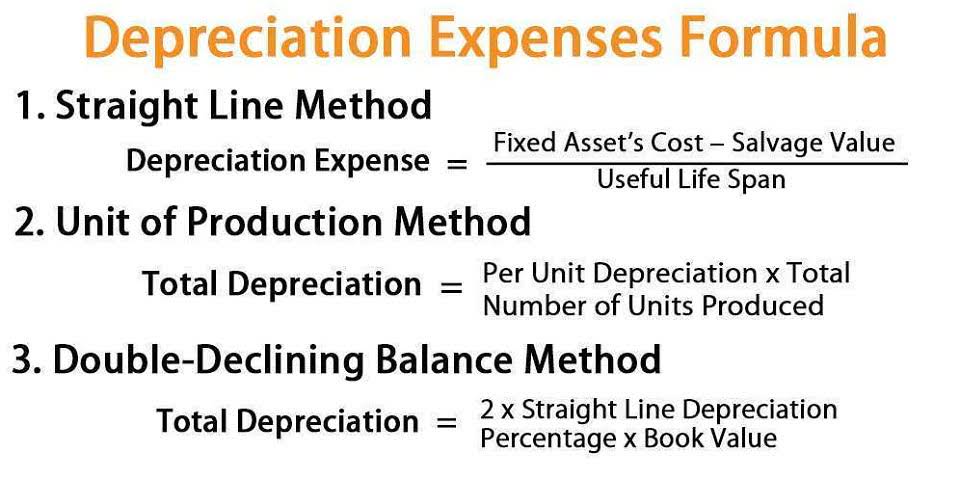
By interpreting financial statements using financial analysis, many users benefit from a reliable map crafted via financial accounting. At the heart of a company’s operations, management generates financial accounting meaning and relies on financial accounting to make informed decisions. Financial accounting and management accounting serve to guide strategies, investments, and resource allocation. Suppose our manufacturer faces labor difficulties due to wage disparity with its competitors.
Types of financial statements

For example, interest earned by a manufacturer on its investments is a nonoperating revenue. Interest earned by a bank is considered to be part of operating revenues. unearned revenue Some organizations make use of either of them, while others use a combination of both. Suppliers also demand to know a company’s financials before supplying goods and services. They do this to get assurance that the company has the financial ability to pay its invoices. Double-entry bookkeeping is a small business bookkeeping basics that every business owner should know.
Statement of Owner’s Equity
- It also helps the management while making analytical decisions for the company’s growth.
- It plays a vital role in decision-making by providing data for planning and forecasting.
- Accounting is a more general term for all of a business’s financial activity.
- This can make your income look lower in December and higher in January, even though the transaction happened earlier.
- This analysis helps us to understand whether the business is profitable and solvent, and to model future cash flows.
These reports are used to convey the financial performance before a full-year reporting cycle ends. This method of accounting records transactions whether they are earned or incurred. Businesses use accrual-based accounting to create journal entries for sales and expenses even before collecting or making payments. Financial accounting is majorly done for external stakeholders like investors and creditors to understand the financial health of the organization and take decisions accordingly. Financial accounting is the backbone of the financial management of any organization. It helps businesses know their financial health and keeps them in compliance with regulations.

EnKash secures PPI license; aims to lead in Corporate Cards and Spend Management
The income statement details the net income for the business over the specified time period. Comparing revenue to expenses in the income statements provides a clear picture of the income produced by the company. Private companies are not required to provide this information; only public companies must. Public companies include any organization that issues shares available to the https://www.bookstime.com/articles/payroll-accounting general public.
- It helps you keep tabs on the company’s present financial health and rate of financial growth.
- It does this by showing how cash is used and how much working capital is available to cover business debts and pay the workforce.
- You can mark a company as ‘good for further analysis’ when its assets are higher than its liabilities.
- The ARPL is a coalition of various advanced professional groups including engineers, accountants, and architects.
- Financial accounting involves classifying and summarizing all financial information recorded at the initial step.
Financial Accounting Principles at Work

The time required to prepare financial statements depends on the business’s complexity. Monthly statements take a few hours for small businesses but may take days for larger companies. Quarterly and annual reports require more time due to audits and compliance checks. Cash accounting records revenue or spending when the cash exchange happens. Accrual-based accounting doesn’t consider when the actual money is received or dispensed.
- A symphony performance is emotional—it has “heart.” These principles and qualities form the heart of financial accounting and are rooted in ethical choices.
- When you have a clear representation of your financial data, it will be easier for you to convince investors when trying to secure funding.
- According to principles of financial accounting, the main aim is to provide all internal and external stakeholders with an accurate view of profits and losses.
- International Financial Reporting Standards (IFRS) is the set of principles that IASB established to guide companies across borders.
- These types of cash transactions can be tricky to log accurately, and some businesses find expense management software can help.
- Follow us on a journey into the mechanics of the financial accounting process, exploring its inner workings and crucial role in presenting a company’s financial story to the world.
Components of a Cash Flow Statement

A structured accounting system reduces the risk of fraud and errors by keeping financial transactions transparent and verifiable. When businesses maintain detailed records of transactions, it becomes easier to detect discrepancies, unauthorized transactions, or financial irregularities. Businesses can sync their transactions directly with accounting software using Ramp’s integration features. This makes it easier to maintain financial accuracy and reduce manual errors. Cash accounting records revenue only when you receive cash and expenses only when you pay them. However, you must carefully monitor your cash flow to avoid shortages because you record income before receiving cash.